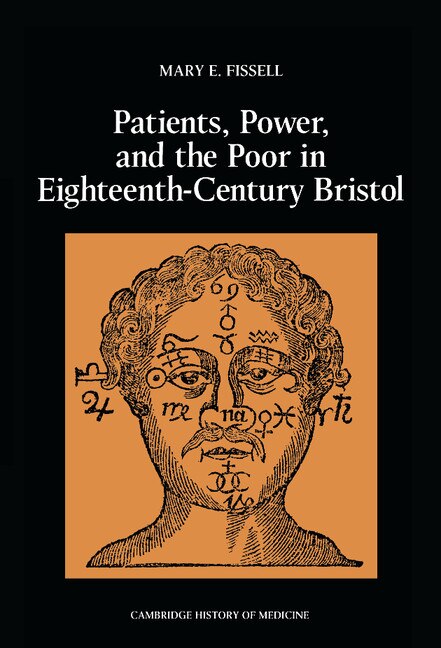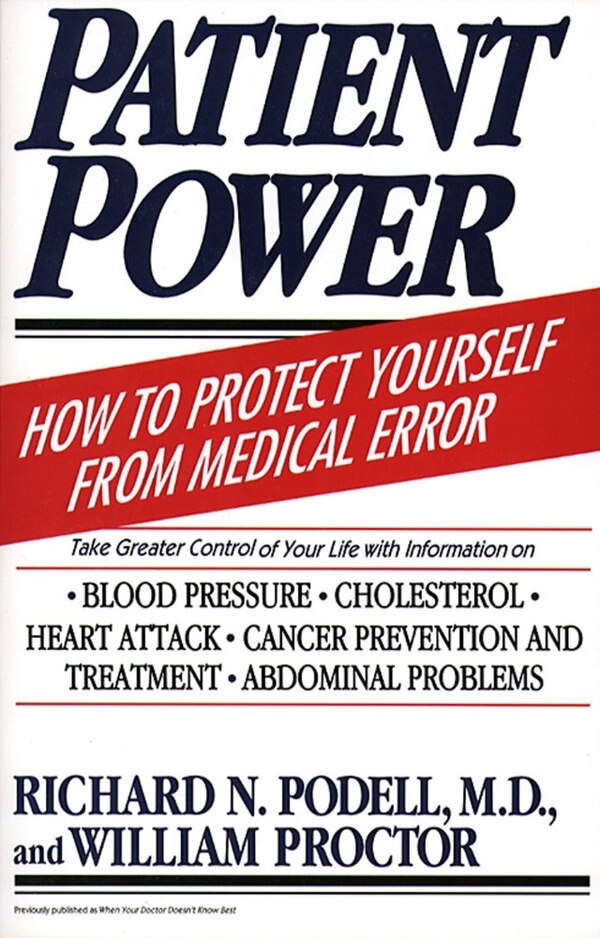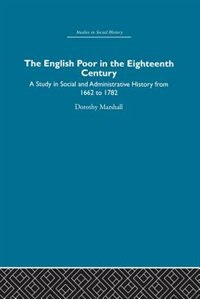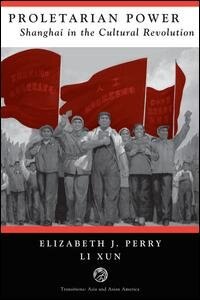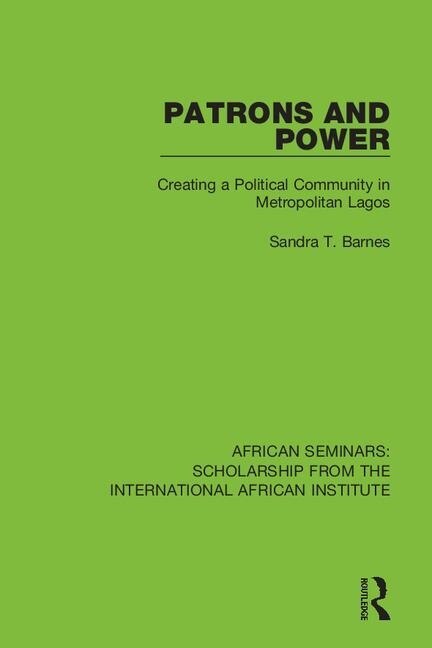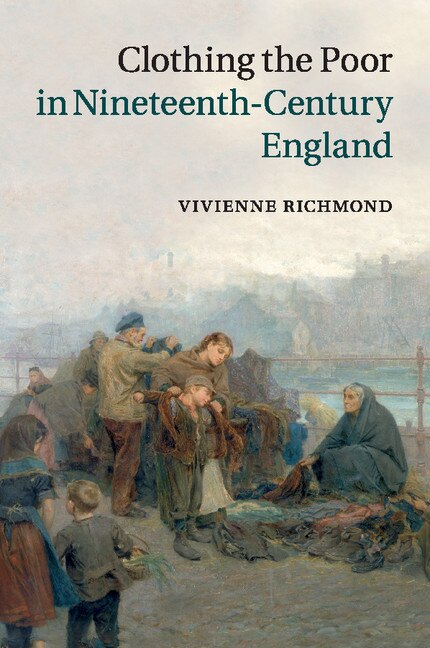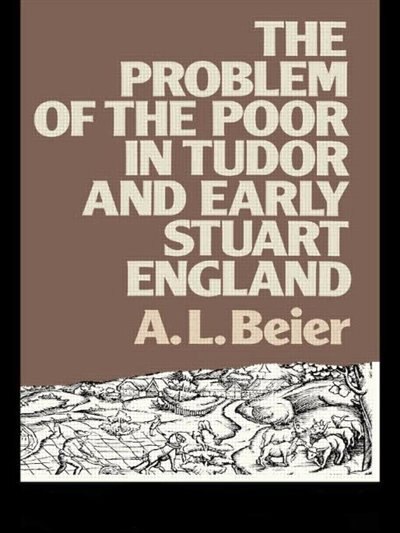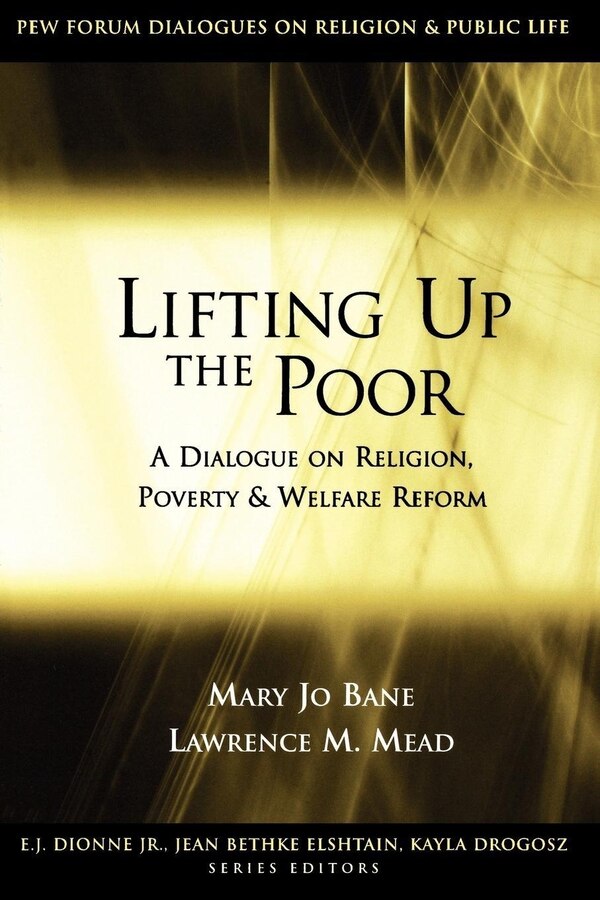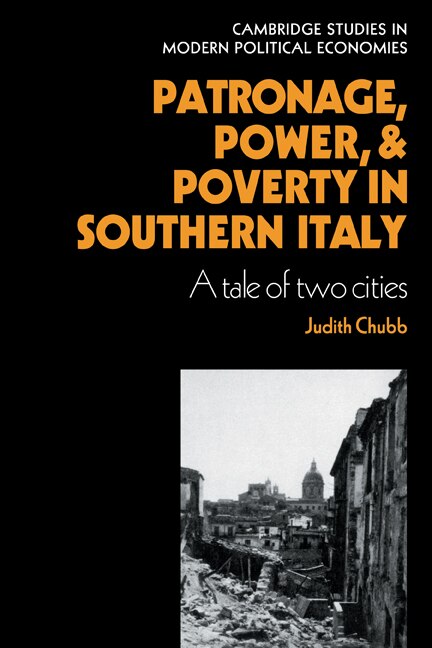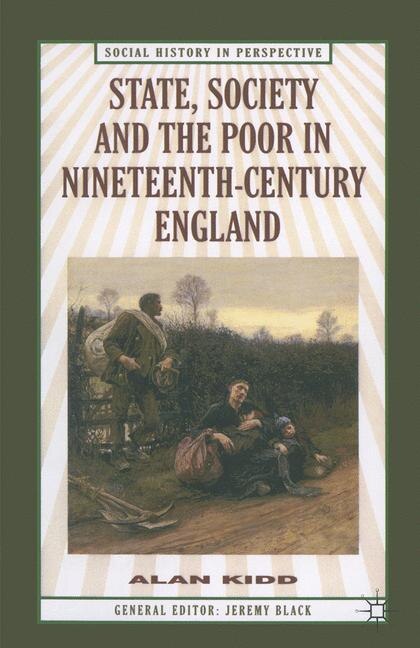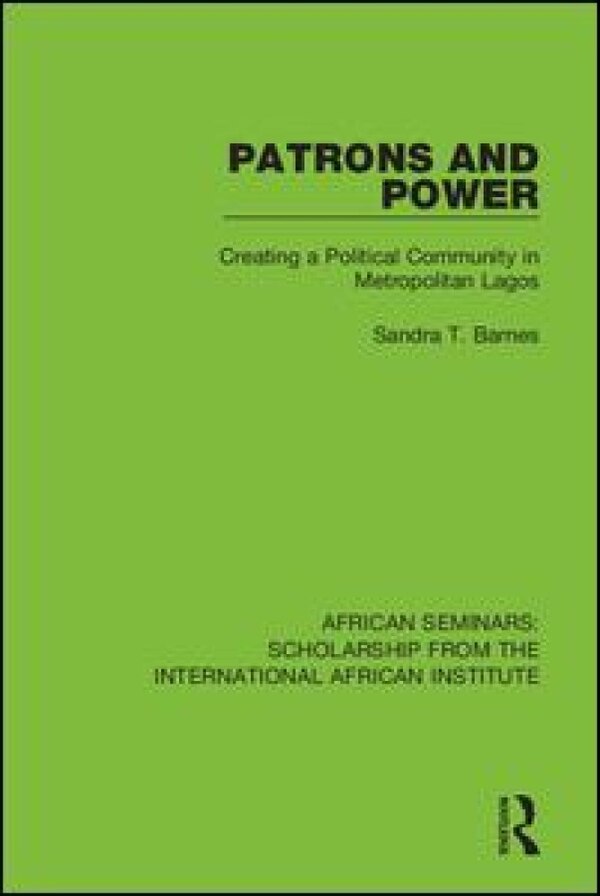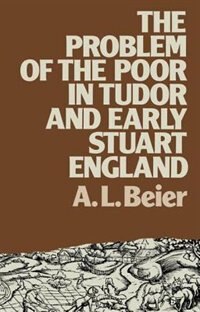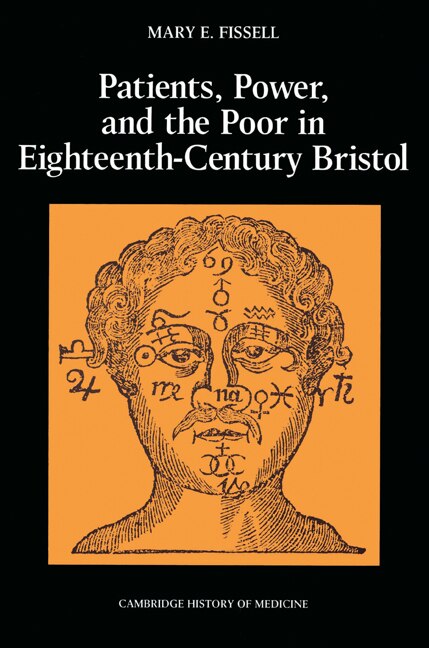
Compare Patients Power And The Poor In Eighteenth-century Bristol by Mary E. Fissell, Paperback | Indigo Chapters
Mary E. Fissell
$73.95
While much is known about the leaders of the medical profession in the eighteenth century, little has been written about rank-and-file practitioners-the apothecaries, blood-letters, and herb-women-or about the patients they treated. Focusing on Bristol, the book examines how the poor gradually lost medical autonomy and authority over their bodies, as the city's hospital was transformed from a charity to a medical workplace by the contingencies of urban apprenticeship and changes in the structure of the city's medical occupations. As hospitals assumed the role of training surgeons and apothecaries, they fostered a new style of medicine that augmented medical authority, and which was inimical to patients, whose ability to interpret their own ailments and maintain some measure of autonomy was destroyed by the medical knowledge created and maintained by the hospital's educational function. The book details how poor and working-class patients chose among practitioners, how they used the new institution of the hospital, and how they utilized the Old Poor Law in times of need. It moves beyond heath-care provision to discuss how lay people of the time understood their bodies and how those beliefs came into conflict with the new order of medical practitioners. | Patients Power And The Poor In Eighteenth-century Bristol by Mary E. Fissell, Paperback | Indigo Chapters

